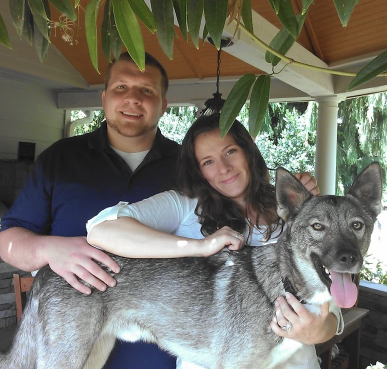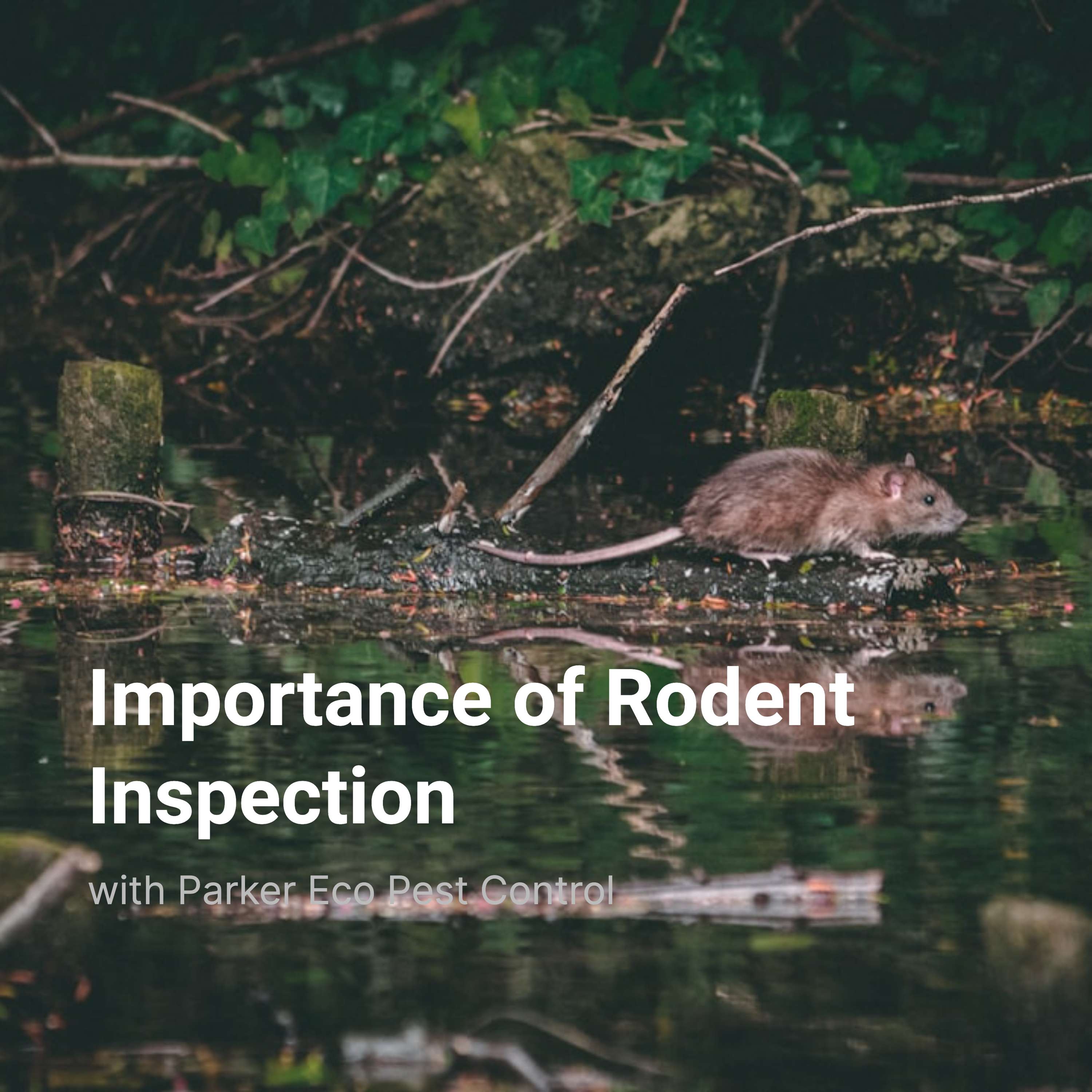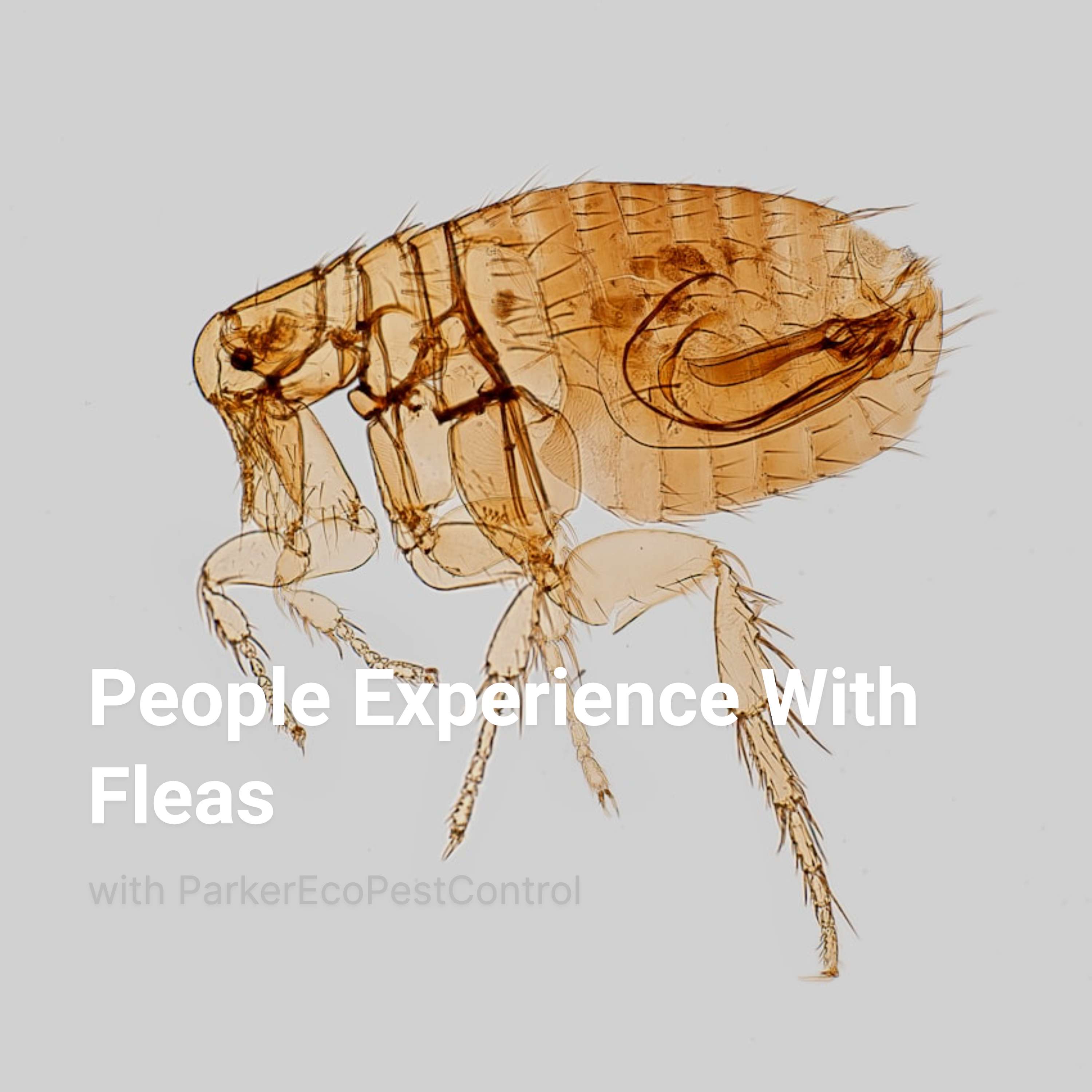Episode Transcript
[00:00:00] Rodent inspection is an important step in maintaining a healthy home or place of business. It helps prevent the spread of diseases carried by rodents. Rodents such as mice and rats can carry harmful diseases that can spread to people through various means, including bite wounds, contaminated food or water, and inhaling germs from rodent urine or droppings. Deer mice are the main carriers of the hantavirus, a rare but potentially fatal respiratory disease. It is important to avoid stirring up dust in rodent contaminated areas to prevent exposure to hantavirus. Rodents can spread diseases through bites, breathing in germs from rodent urine or feces, or consuming contaminated food or water. They can also carry ticks or fleas that could transmit diseases. In Washington state, deer mice may carry hantavirus, which causes hantavirus pulmonary syndrome. This serious condition leads to fluid filled lungs and difficulty breathing. About one in three people with HPS die. Rodents also carry diseases such as leptospirosis, tularemia, and rat bite fever, which can pose risks to human health. Regular rodent inspections and preventative measures are essential for maintaining a healthy environment and reducing the risks associated with rodent borne diseases. By understanding the importance of rodent inspection and taking appropriate actions, you can protect yourself and others from dangerous diseases transmitted by rodents.




